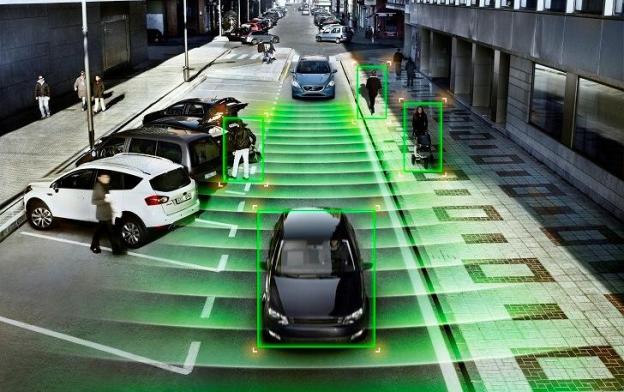 It seems that our craving for all those car technology features is putting us and our vehicles at risk for cybersecurity threats and potential hijackings in the future.
It seems that our craving for all those car technology features is putting us and our vehicles at risk for cybersecurity threats and potential hijackings in the future.
According to Automotive News, the fact that cars are increasingly becoming more connected to computers has prompted the National Highway Traffic Safety Administration (NHTSA) to open a new office focusing on the potential car-centered security threats.
“These interconnected electronics systems are creating opportunities to improve vehicle safety and reliability, but are also creating new and different safety and cybersecurity risks,” said David Strickland, head of the NHTSA, in testimony before a Senate Commerce Committee hearing today, as reported by Automotive News. “We don’t want to be behind the eight ball.”
Senate Commerce Committee Chairman Jay Rockefeller, a West Virginia Democrat, echoed Strickland’s concerns.
“As our cars become more connected — to the Internet, to wireless networks, with each other, and with our infrastructure — are they at risk of catastrophic cyber attacks?” Rockefeller asked, reports Automotive News.
NHTSA’s new office will zero in on vehicle-electronics safety and explore the risks to computer systems in cars and the ones that communicate with other vehicles.
According to the Automotive News report, the federal agency is already conducting a pilot program in Ann Arbor, Mich., involving talking-car technology intended to prevent crashes.
Strickland said future technology such as driverless or autonomous automobiles, which would enable someone to remotely control a vehicle and its functions without having physical access to the car, poses an additional security threat.
“If there is a chance of it happening, we have to address it,” Strickland stated.
The Automotive News report doesn’t note any cases where some car’s computer system has been breached. However, it all makes you wonder if our desire for all this vehicle technology is putting us at risk for some great techno-catastrophe down the road?


